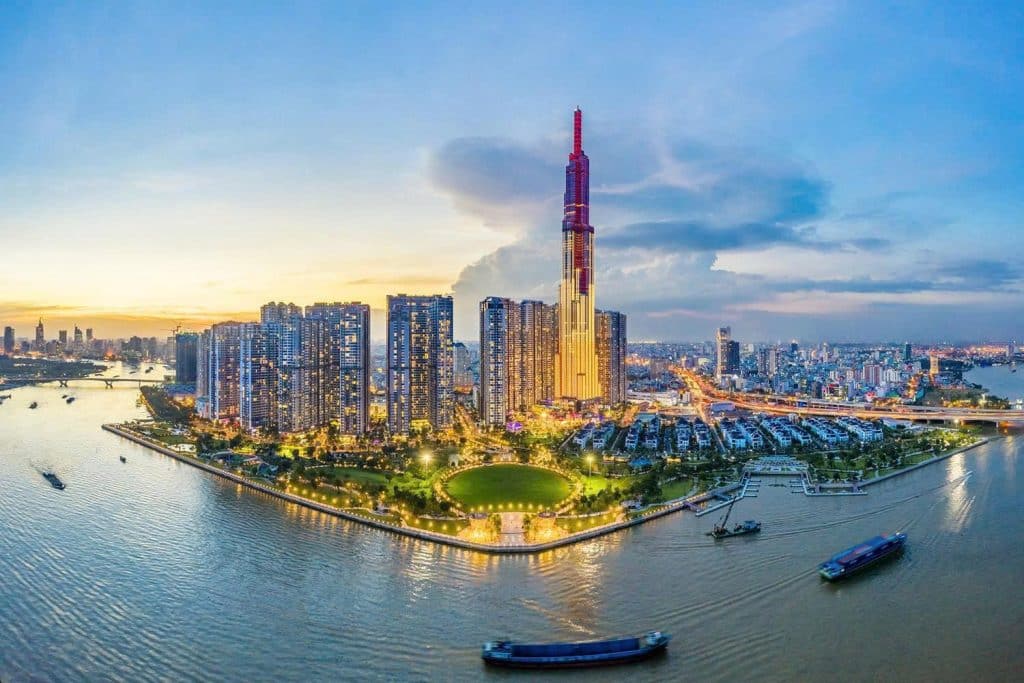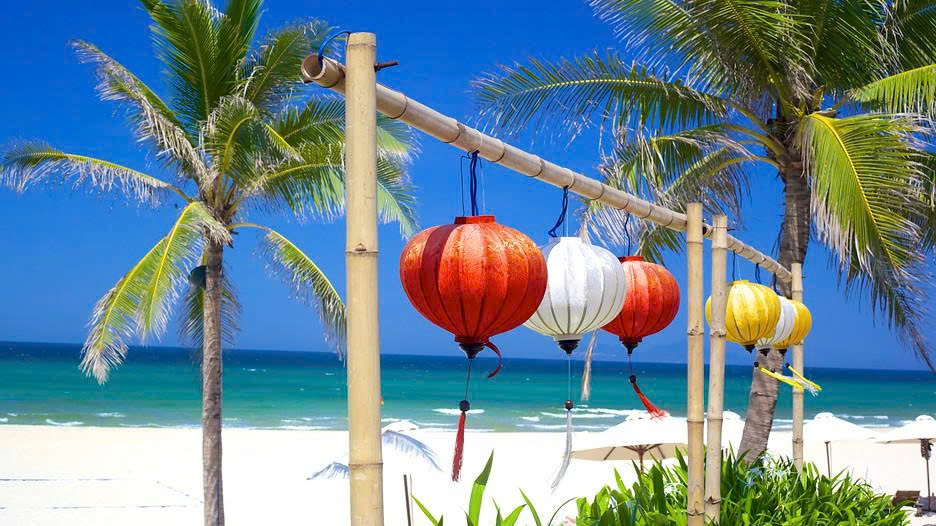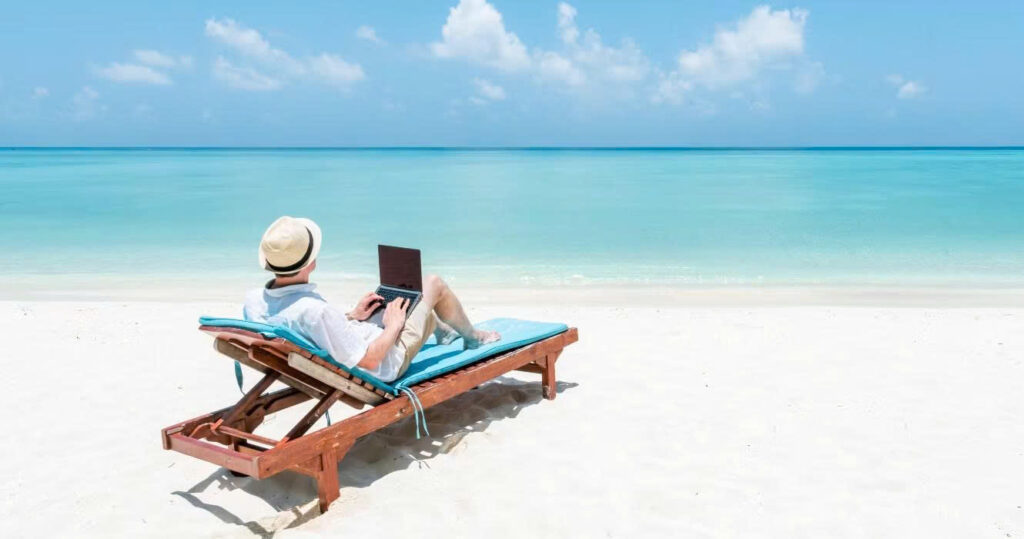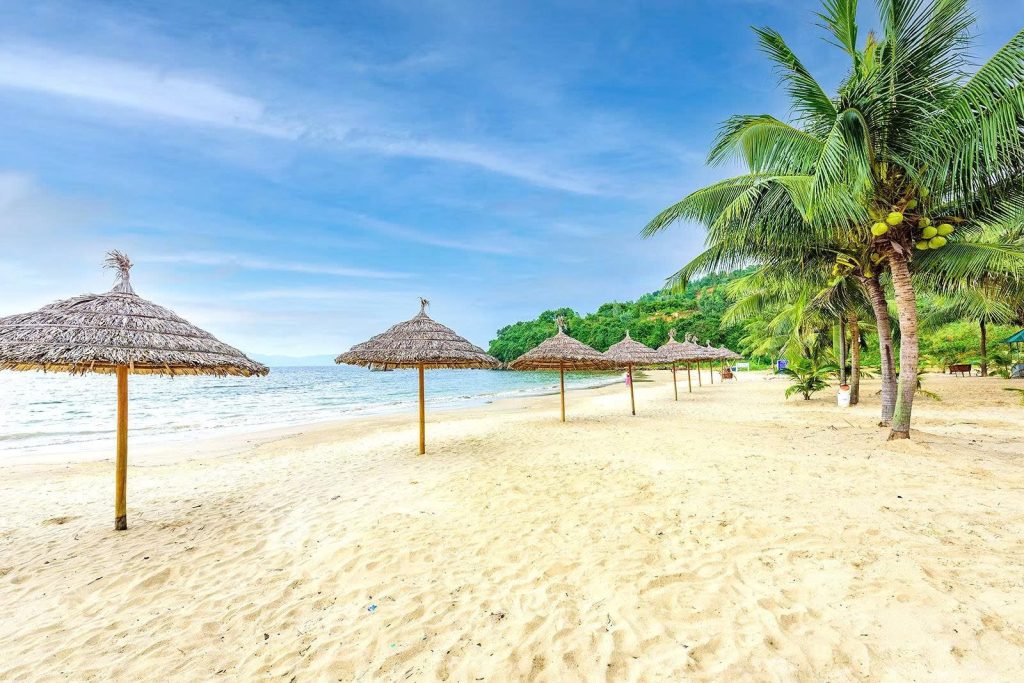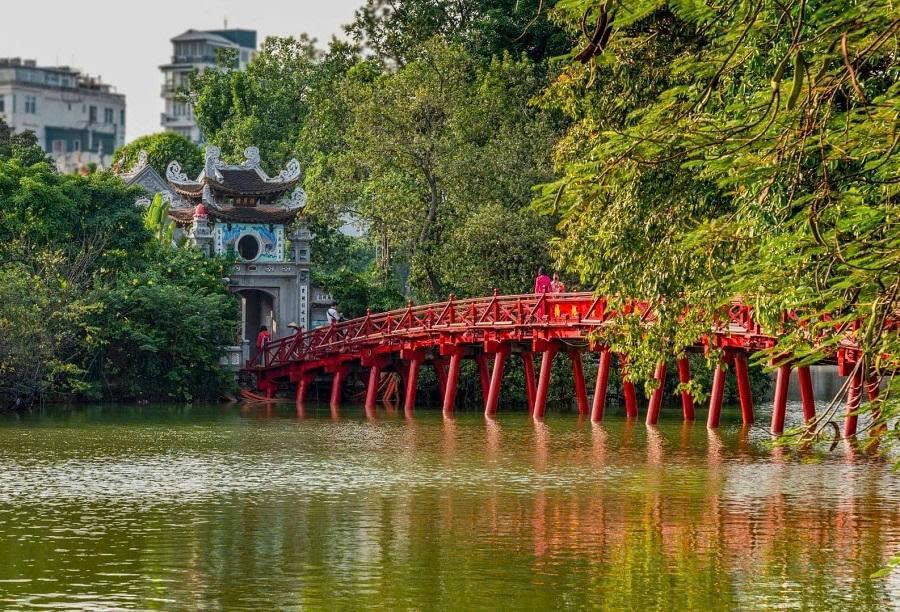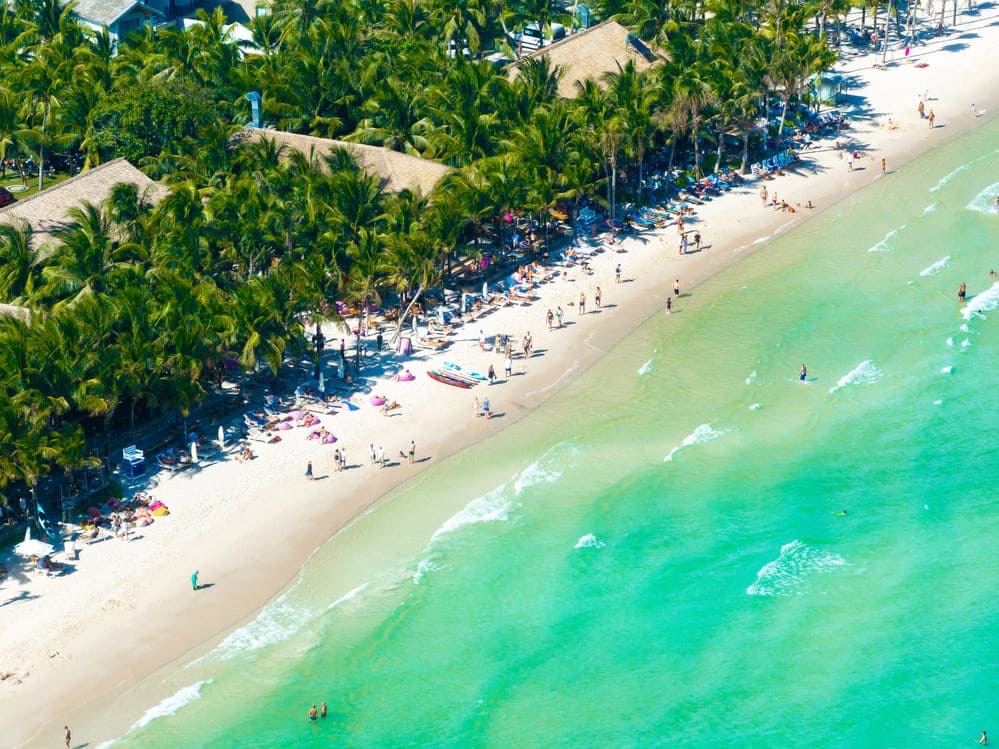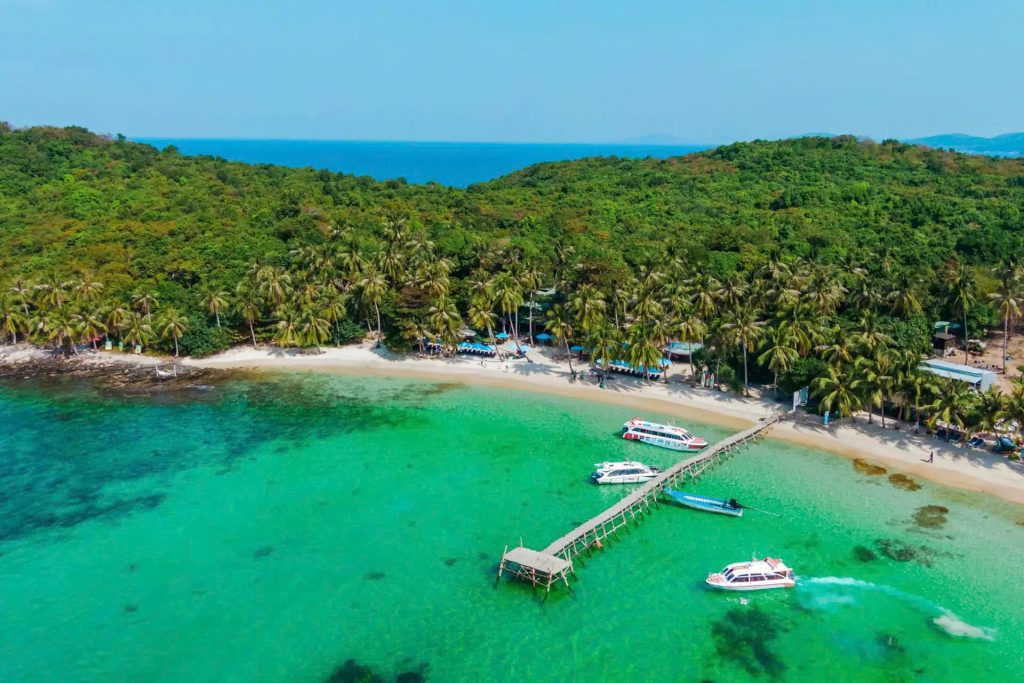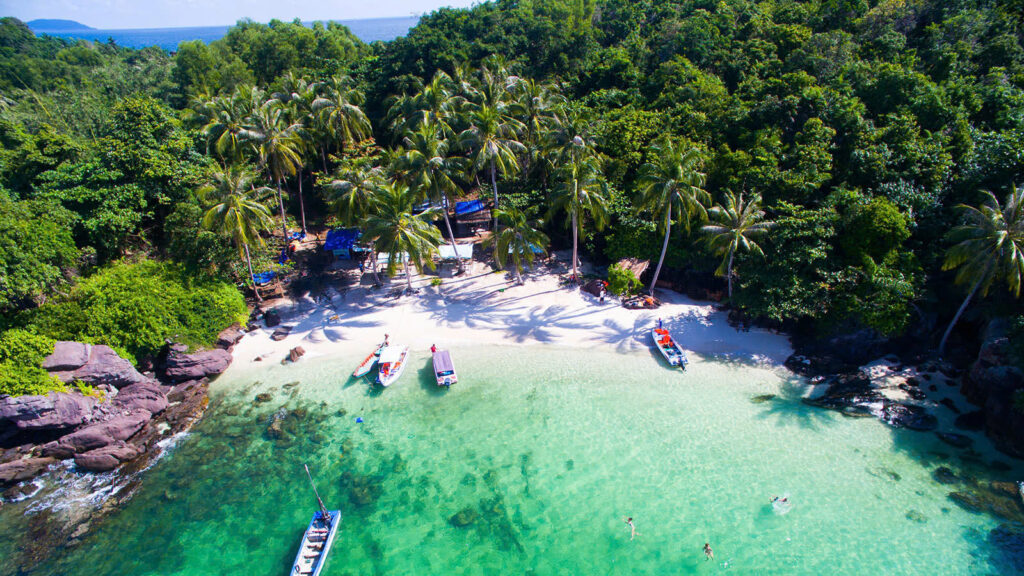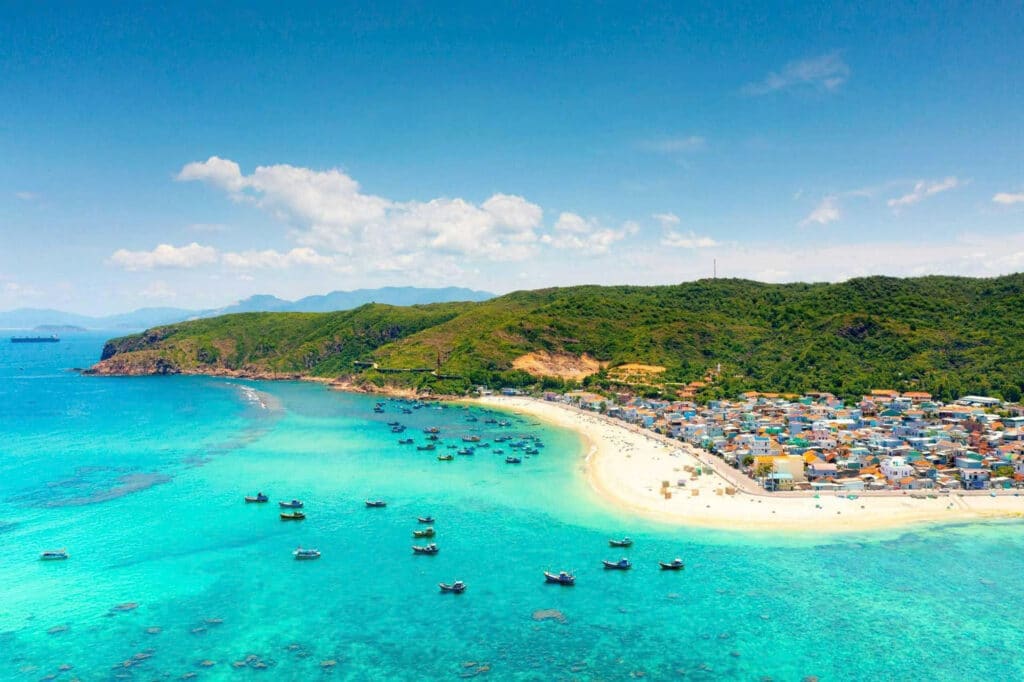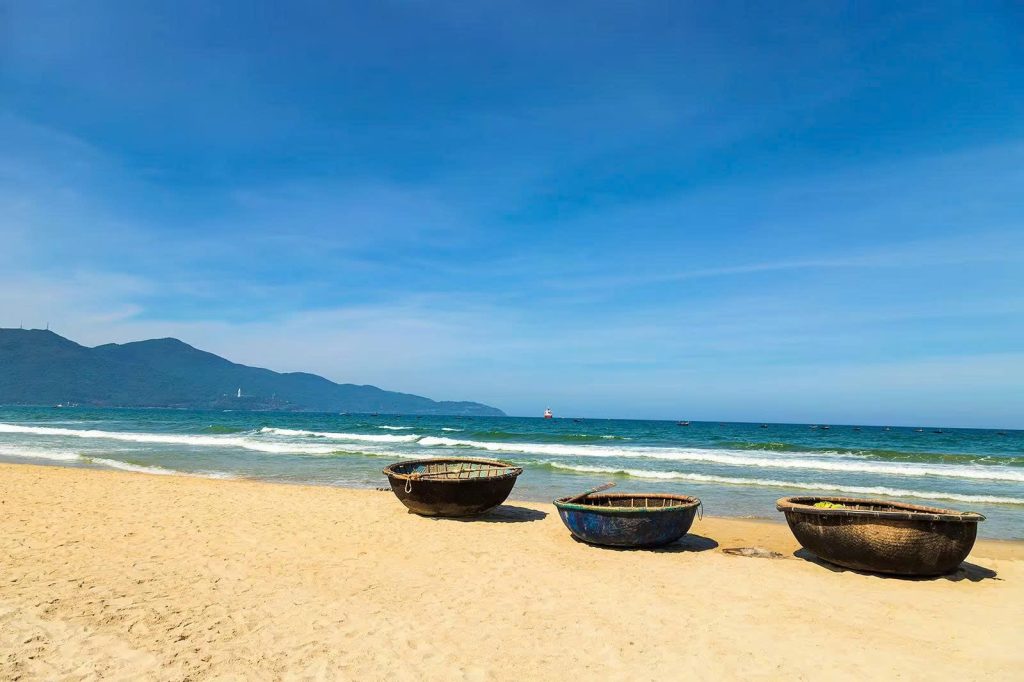Ho Chi Minh City (HCMC), often still affectionately called Saigon, has firmly established itself as a beacon for digital nomads seeking an exhilarating blend of vibrant culture, delicious food, and a remarkably low cost of living. For remote workers looking to stretch their budget without compromising on experience, HCMC presents an incredibly compelling option. While exact figures vary based on lifestyle, the general consensus is clear: Ho Chi Minh City is highly affordable for digital nomads, especially when compared to major Western cities or even other popular nomad hubs in Southeast Asia like Singapore or Bangkok.
This guide will provide a detailed breakdown of expenses, offering transparent insights into what you can expect to spend as a digital nomad living and working remotely in this dynamic Vietnamese metropolis.
Ho Chi Minh City Cost of Living Breakdown for Digital Nomads
Understanding where your money goes is crucial for effective budgeting. Here’s a comprehensive look at the key expense categories in HCMC.
1. Accommodation Costs in Ho Chi Minh City

Accommodation will likely be your largest single expense. Prices vary significantly based on location, type of dwelling, and amenities.
Rental Prices by Accommodation Type:
- Studio Apartments: Expect to pay $300 – $600 USD per month. These are ideal for solo nomads seeking privacy.
- 1-Bedroom Apartments: Prices typically range from $450 – $800 USD per month. Good for couples or those needing more space.
- Serviced Apartments: For a more convenient, often hotel-like experience with cleaning and laundry services, expect $600 – $1,200+ USD per month. These are popular among expats.
- Shared Apartments/Rooms: A cost-effective option, ranging from $150 – $350 USD per month, often found in expat Facebook groups.
Popular Districts for Digital Nomads & Their Price Ranges:
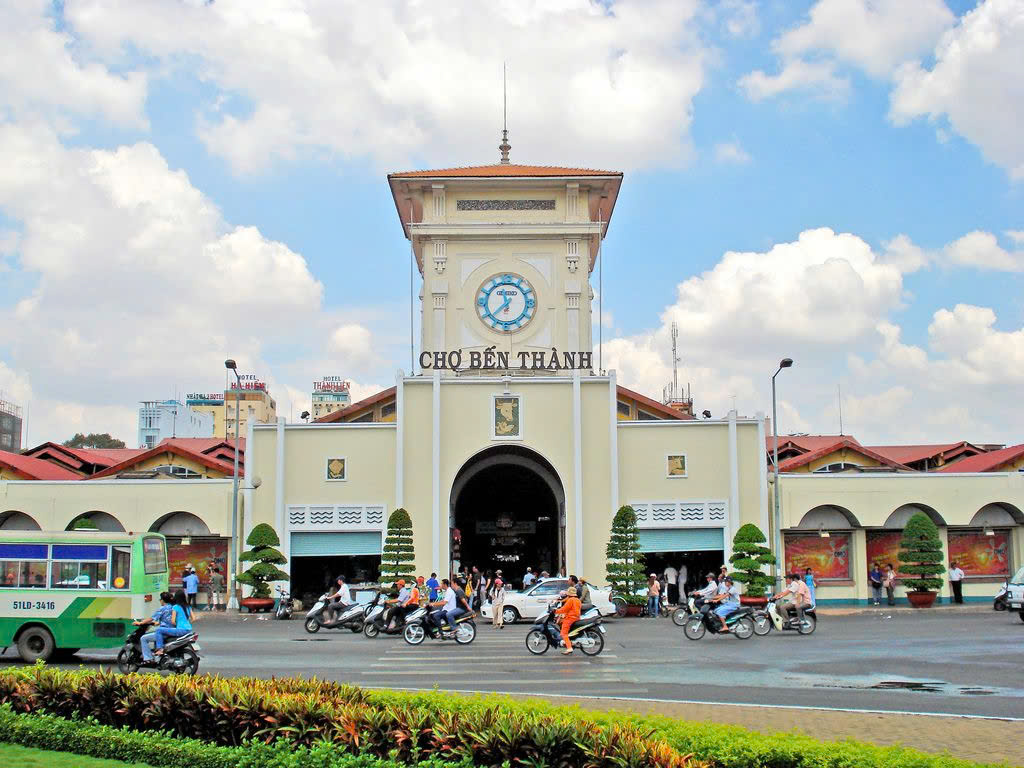
- District 1: The bustling city center, home to landmarks like the Saigon Notre-Dame Basilica and the Ben Thanh Market. While vibrant, it’s generally the most expensive.
- District 2 (Thao Dien): Known as the expat hub, Thao Dien offers a more suburban, green, and Westernized feel with numerous cafes, international schools, and modern amenities. Prices here are moderate to high, but often offer better value for larger spaces than District 1.
- District 3: Centrally located, offering a good mix of local charm and accessibility to major attractions. More affordable than District 1 or 2, with a moderate cost.
- District 4 & Bình Thạnh: Closer to the city center and offer a more authentic local experience at lower to moderate costs. Excellent for immersing in local life.
- District 7 (Phu My Hung): A modern, planned community with wide streets and many international amenities, popular with families. Can be pricier but offers a different lifestyle.
Tips for Finding Accommodation:
- Online Platforms: Facebook Groups like “Ho Chi Minh City Expats” or “HCMC Apartments for Rent” are excellent resources. Websites such as PropertyGuru Vietnam or com.vn are also useful.
- Real Estate Agents: While they charge a commission (often one month’s rent), agents can streamline the process and help navigate the local market.
- Short-term vs. Long-term: For stays over three months, long-term leases are significantly cheaper. Consider a short-term Airbnb initially to explore areas before committing.
2. Food & Dining Expenses in HCMC

Ho Chi Minh City is a culinary paradise, and eating out is incredibly affordable.
Street Food & Local Eateries: This is where you save big and experience authentic Vietnamese cuisine.
- Average cost per meal: $1.50 – $3 USD. You can easily find delicious bowls of Phở (beef noodle soup), Bún chả (grilled pork with noodles), or Bánh mì (Vietnamese baguette) for this price.
Restaurant Dining (Mid-Range & Upscale):
- Mid-range restaurants: A meal can cost $5 – $15 USD per person for Western or Asian fusion dishes.
- Fine-dining establishments: Expect to pay $20 – $50+ USD per person for a more luxurious experience.
Grocery Shopping & Cooking at Home:
- Supermarkets like opmart, Big C, or international chains like Annam Gourmet offer a wide range of products. Local wet markets provide fresher produce at lower prices.
- Average weekly/monthly grocery bill: $50 – $150 USD, depending on your diet and if you buy imported goods.
Coffee & Drinks:

- Vietnamese coffee: You can usually get a robust, tasty iced coffee () for just $1 to $2 USD.
- Specialty coffee shops: Expect $2.50 – $5 USD for lattes or cappuccinos.
- Beers (local): Around $1 – $2 USD at local bars.
3. Transportation Costs in Ho Chi Minh City
Navigating HCMC is primarily done by motorbike, which is the most cost-effective and common way to get around.
Ride-Hailing Apps (Xanh SM/ Grab): These are essential for digital nomads.
- Average cost per ride: $0.80 – $2.50 USD for a motorbike, depending on distance. Cars are slightly more expensive.
- Monthly estimated cost: $30 – $80 USD for regular usage.
Motorbike Rental/Ownership:
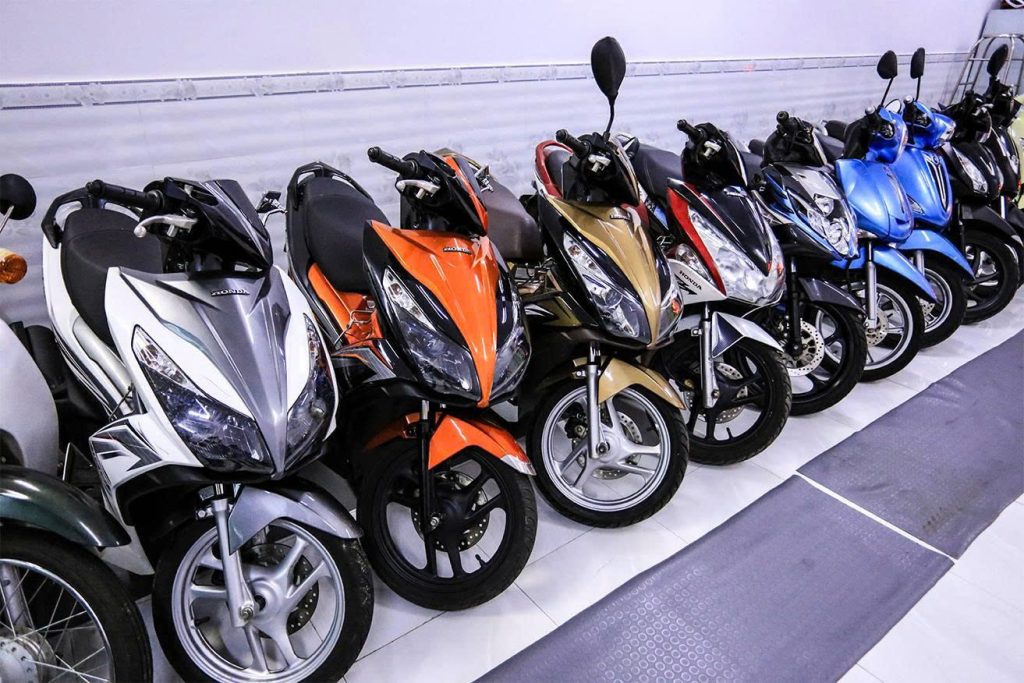
- Monthly rental fees: $50 – $100 USD.
- Fuel costs: Relatively low, around $5 – $10 USD per week depending on usage.
- Considerations: Owning a motorbike can be a hassle with registration and maintenance. Renting is often preferred for shorter stays.
Public Transport: HCMC’s public bus system is extensive but often not used by digital nomads due to efficiency and convenience of ride-hailing apps. The upcoming Ho Chi Minh City Metro promises to revolutionize urban transport, but is still under construction.
4. Internet & Communication Expenses
Staying connected is non-negotiable for digital nomads, and HCMC delivers with fast, reliable, and affordable internet.
Home Internet Plans: Fiber optic internet is widely available. Expect to pay $10 – $25 USD per month for high-speed plans (50-100 Mbps). Providers include Viettel, FPT, and VNPT.
Mobile Data Plans: Prepaid SIM cards are easy to obtain. A monthly unlimited data plan can cost as little as $5 – $10 USD.
Coworking Space Memberships:
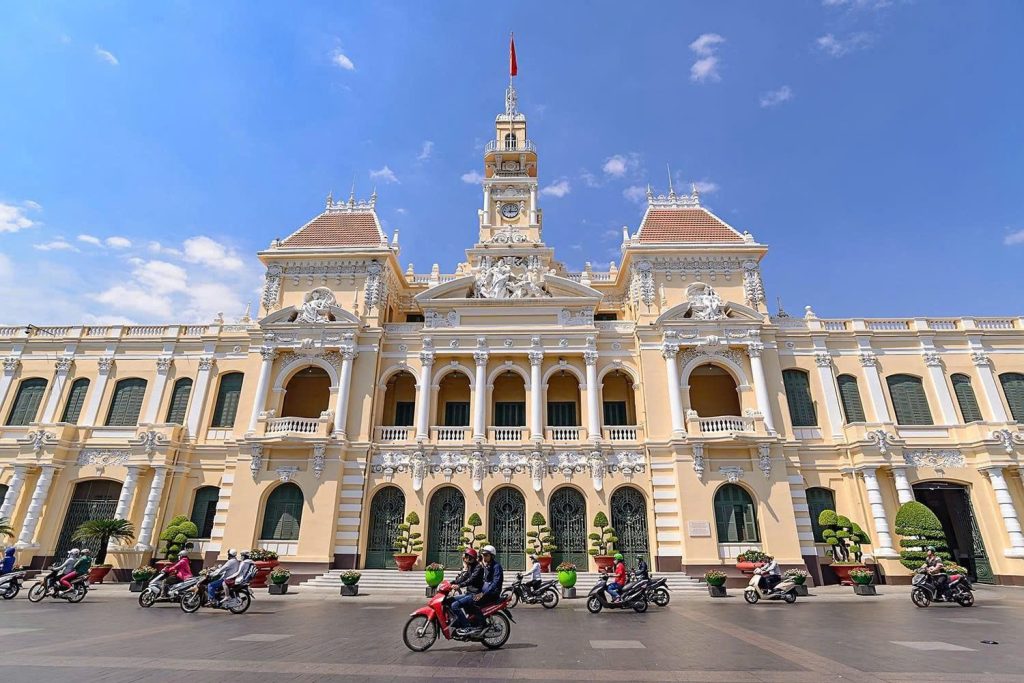
- HCMC boasts numerous excellent coworking spaces.
- Daily passes: $5 – $10 USD.
- Monthly memberships: $80 – $200 USD, with popular options like Dreamplex, Toong, CirCo, and The Hive offering various amenities.
5. Visa & Immigration Costs
Navigating Vietnamese visas requires careful planning.
Common Visa Types for Digital Nomads:
- Most digital nomads enter Vietnam on a tourist visa (e.g., e-visa for 30-90 days, single/multiple entry). Costs vary by nationality and duration, typically $25 – $50 USD for an e-visa.
- Business visas require sponsorship but allow for longer stays.
- Visa Extension/Renewal Fees: This can be complex and costly, ranging from $100 – $300+ USD for extensions, depending on the length and current regulations.
Visa Run Considerations: Many nomads perform “visa runs” to neighboring countries like Cambodia or Thailand to get a new visa. Factor in flight and accommodation costs for these trips.
READ MORE: Coworking Spaces in Vietnam for Remote Work
6. Healthcare & Insurance for Digital Nomads
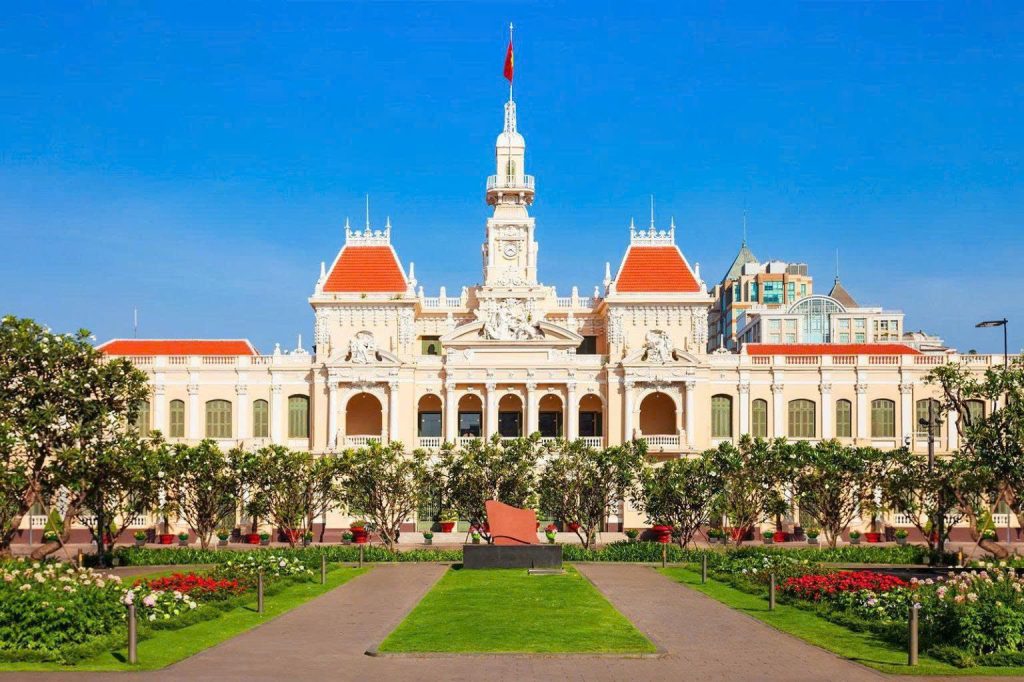
While medical care is available, quality can vary. Comprehensive travel insurance is highly recommended.
Basic Medical Care:
- Doctor visits at local clinics: Relatively inexpensive, $10 – $30 USD.
- International clinics (e.g., Family Medical Practice, FV Hospital): Offer higher standards but are significantly more expensive, $50 – $100+ USD per visit.
- Pharmacy costs: Generally low for common medications.
International Health Insurance: Essential for any digital nomad. Providers like SafetyWing or World Nomads offer plans specifically designed for remote workers, typically costing $40 – $100 USD per month depending on coverage.
7. Entertainment & Social Life Expenses
HCMC offers a vibrant social scene for all budgets.
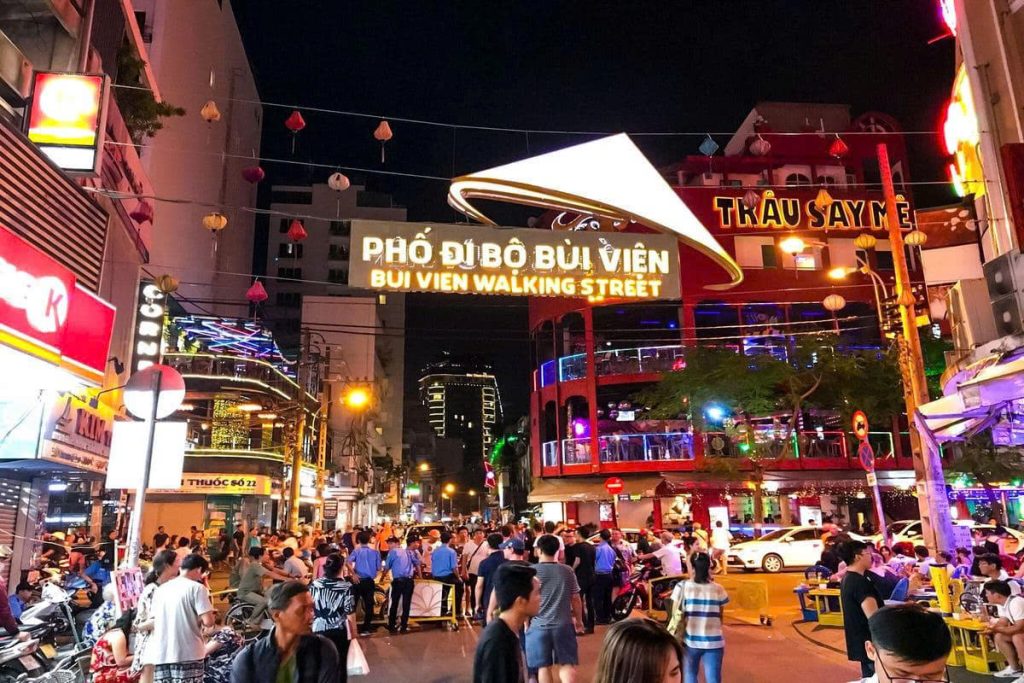
Bars & Nightlife:
- Local bars: Beers can be as cheap as $1 – $2 USD.
- Trendy bars/clubs: Cocktails typically range from $5 – $10 USD.
Leisure Activities:
- Gym memberships: $20 – $50 USD per month.
- Yoga/fitness classes: $5 – $15 USD per session.
- Cinema tickets: Around $4 – $7 USD.
- Exploring landmarks like the War Remnants Museum or the Independence Palace typically has nominal entrance fees.
- Weekend trips: Bus tickets to destinations like Mui Ne or Da Lat can be as low as $10 – $20 USD one way.
8. Sample Monthly Budget for a Digital Nomad in Ho Chi Minh City
Here’s an estimated budget breakdown to help you visualize your potential spending, depending on your lifestyle.
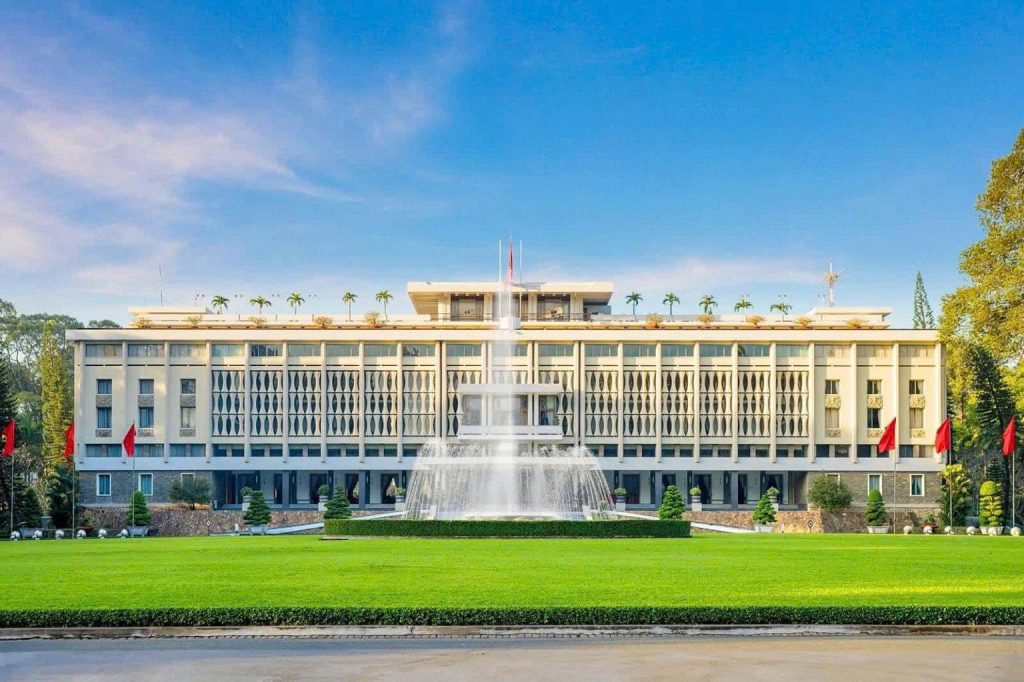
Frugal/Budget Nomad Budget: $600 – $800 USD/month
- Accommodation (shared/basic studio): $250
- Food (mostly street food/cooking): $150
- Transport (motorbike Grab): $40
- Internet/SIM: $20
- Coworking (occasional): $30
- Visa/Misc.: $50
- Entertainment: $60
This budget requires careful spending and leaning heavily on local options.
Mid-Range/Comfortable Nomad Budget: $800 – $1,200 USD/month
- Accommodation (private 1-bed/nice studio): $500
- Food (mix of street food & mid-range restaurants): $250
- Transport (regular Grab): $60
- Internet/SIM: $25
- Coworking (monthly pass): $100
- Visa/Insurance/Misc.: $80
- Entertainment: $100
This budget allows for a comfortable lifestyle with more dining out and social activities.
High-End/Luxury Nomad Budget: $1,200 – $2,000+ USD/month
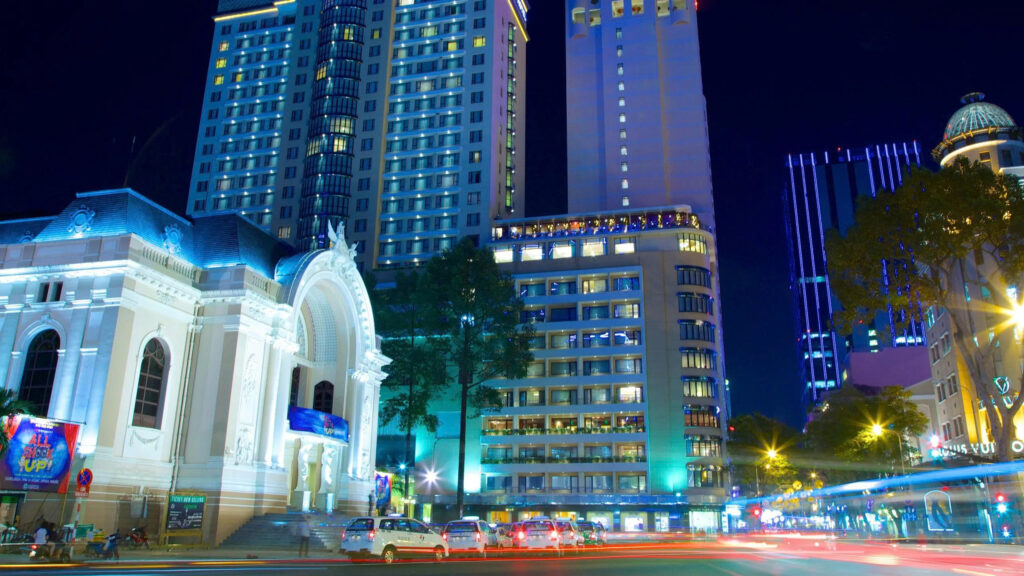
- Accommodation (serviced apartment/expat villa): $800+
- Food (regular mid-range/upscale dining): $400+
- Transport (mostly car Grab/taxi): $100+
- Internet/SIM: $30
- Coworking (premium pass): $150+
- Visa/Insurance/Misc.: $150+
- Entertainment (frequent): $200+
This budget caters to those who prefer Western comforts, upscale dining, and frequent entertainment.
Note: These are estimates, and individual spending habits will vary.
RELATED: Digital Nomad in Vietnam: Best Cities, Costs & Tips
Tips for Saving Money as a Digital Nomad in HCMC

To make your money go further in Ho Chi Minh City:
- Embrace Local Street Food: It’s not only delicious but also incredibly cheap. Explore different quán ăn (local eateries).
- Utilize Xanh SM/ Grab: These apps are your best friends for affordable and convenient transport. Consider motorbike rides over cars for cheaper fares.
- Cook at Home Often: While eating out is cheap, cooking some meals can save you even more, especially if you shop at local markets.
- Find Affordable Accommodation: Consider less central districts or shared living arrangements if budget is a top priority.
- Utilize Free/Cheap Entertainment: Explore the city’s parks, walk along the Saigon River, visit pagodas, or simply enjoy people-watching at a local coffee shop.
- Negotiate Prices: In local markets, a little friendly negotiation can often lead to better deals.
- Learn Basic Vietnamese Phrases: Even a few words like “cảm ơn” (thank you) or “bao nhiêu?” (how much?) can enhance your experience and sometimes get you better prices.
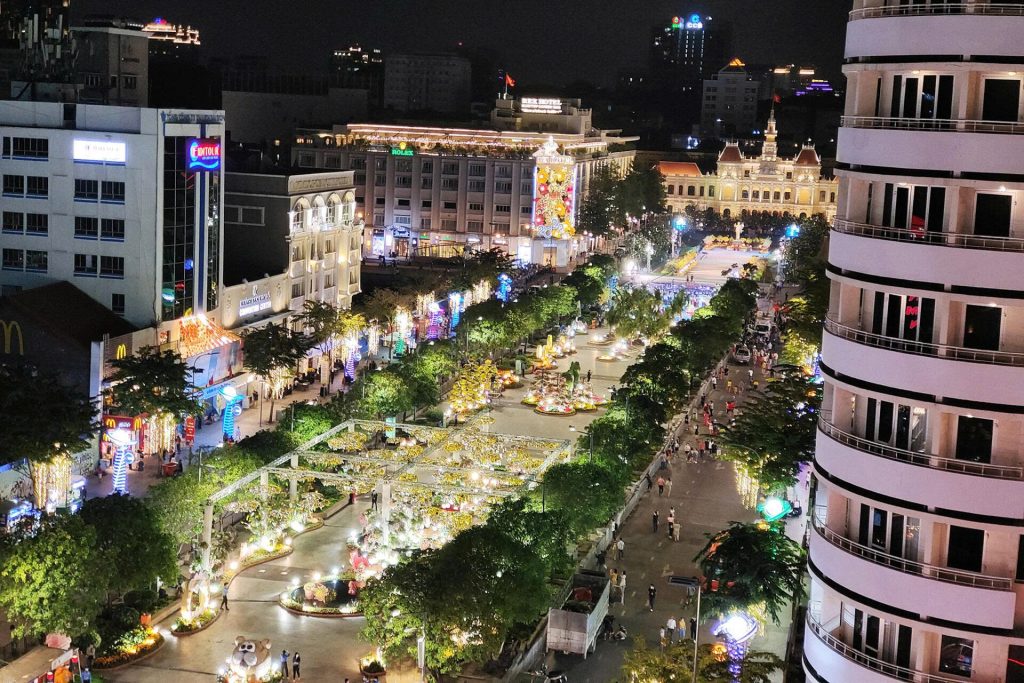
Pros and Cons of Being a Digital Nomad in Ho Chi Minh City
Like any destination, HCMC has its unique advantages and disadvantages for remote workers.
Pros:
- Exceptional Affordability: The primary draw for many.
- Vibrant Culture & Food Scene: Endless culinary adventures and a rich historical backdrop.
- Strong Digital Nomad Community: Easy to connect with like-minded individuals through various groups and meetups.
- Good Internet Infrastructure: Reliable and fast internet connections are readily available.
- Strategic Location for Travel: A perfect base for exploring Vietnam and other Southeast Asian countries.
- Exciting Nightlife: From rooftop bars to bustling Bui Vien Street.
Cons:
- Traffic & Noise Pollution: The sheer volume of motorbikes can be overwhelming and noisy, especially for new arrivals.
- Heat & Humidity: Tropical climate means hot and humid weather year-round.
- Visa Complexities: Navigating visa extensions and renewals can be challenging and unpredictable.
- Language Barrier: While English is spoken in tourist areas and among expats, learning some basic Vietnamese is helpful for daily interactions.
- Lack of Extensive Public Transport: Reliance on motorbikes or ride-hailing apps is high.
RELATED: Ho Chi Minh City vs Hanoi for Digital Nomads: Which City is better for you
Ho Chi Minh City offers an unparalleled experience for digital nomads seeking an affordable, dynamic, and culturally rich environment. Its low cost of living, combined with a thriving expat community and excellent infrastructure for remote work, makes it a top contender for those looking to live and work abroad.
While the city’s chaotic charm, traffic, and climate may not be for everyone, those who embrace its energy will find themselves rewarded with incredible experiences and a lifestyle that’s hard to beat for the price. If you’re looking to stretch your budget while immersing yourself in a vibrant Asian metropolis, Ho Chi Minh City is definitely worth considering for your next digital nomad adventure.

